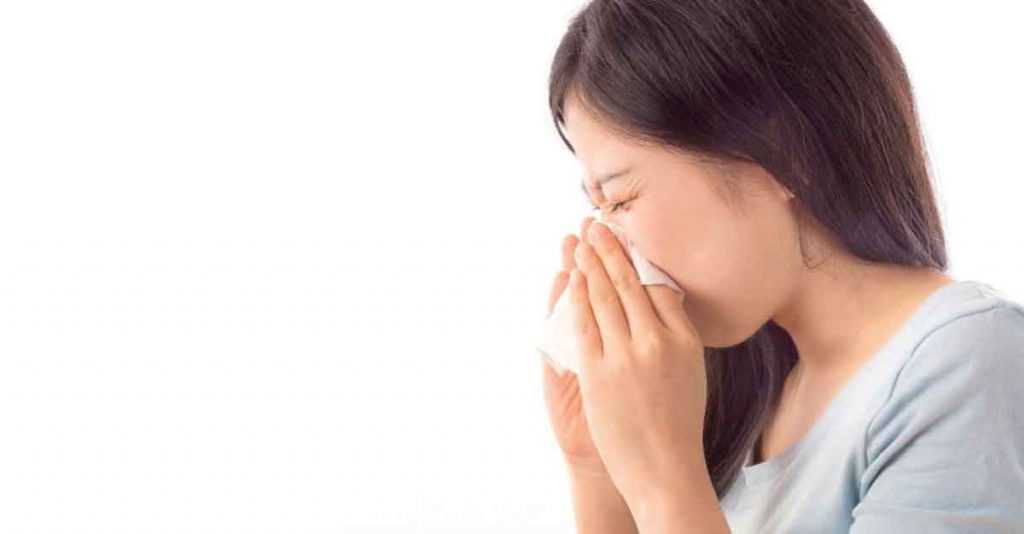We get excited when season change, new breeze, a new fragrance in the air, new filters of nature, it all seems so fascinating. Even I enjoy it very much! Meanwhile, if we look at another side of the picture many people seem to come down with a cold, flu, and fever when the seasons change. It starts out with a simple sneeze and a throbbing headache and you think that it will pass but after a couple of days it still remains and that is the time when you start feeling irritation at the back of your throat. Relatable? Right? Especially if you’re in Lahore, you know what I am talking about. These days’ adults, children, elderly, everyone is becoming ill and it’s not new for the Lahoris because they deal with it every year when the season change.
But Why Is That?
According to Doctor Benjamin Kaplan, an Internal Medicine Physician at Orlando Health in Florida, when the temperature shifts, it allows a different group of viruses to flourish and these are the viruses that make people sick. And because Flu is highly contagious it normally spreads by the coughs and sneezes of an infected person. So, when a member of a family gets sick, virus easily spread to the other family members and make them sick as well. if you need any assistance then consult with the ENT specialist.


Symptoms? Symptoms!
Although we know what are the symptoms of these not so cool seasonal illnesses, below are some common ones:
- High temperature
- Fatigue
- A cough
- A sore throat
- Runny or stuffy nose
- Chills or shivering
- A headache
- Sometimes diarrhea or vomiting
How To Get Rid Of It?
These are some common remedies that can help you to get rid of seasonal flu and cough.
- Gargle with salt water
- Drink lemon honey tea
- Drink apple cider vinegar (you can dilute it water)
- Breath in the steam
How To Prevent Seasonal Flu?
If you’re sick of getting sick every year, you can get a flu vaccine. The flu vaccine has been shown to reduce flu-related illnesses and also the risk of serious flu complication. Such complications happen rarely but when they do, that can result in hospitalization or even death.


Moreover, everyday prevention actions like staying away from the infected person, covering the mouth while sneezes or coughs, and frequent hand washing can help to slow the spread of germs and viruses.





